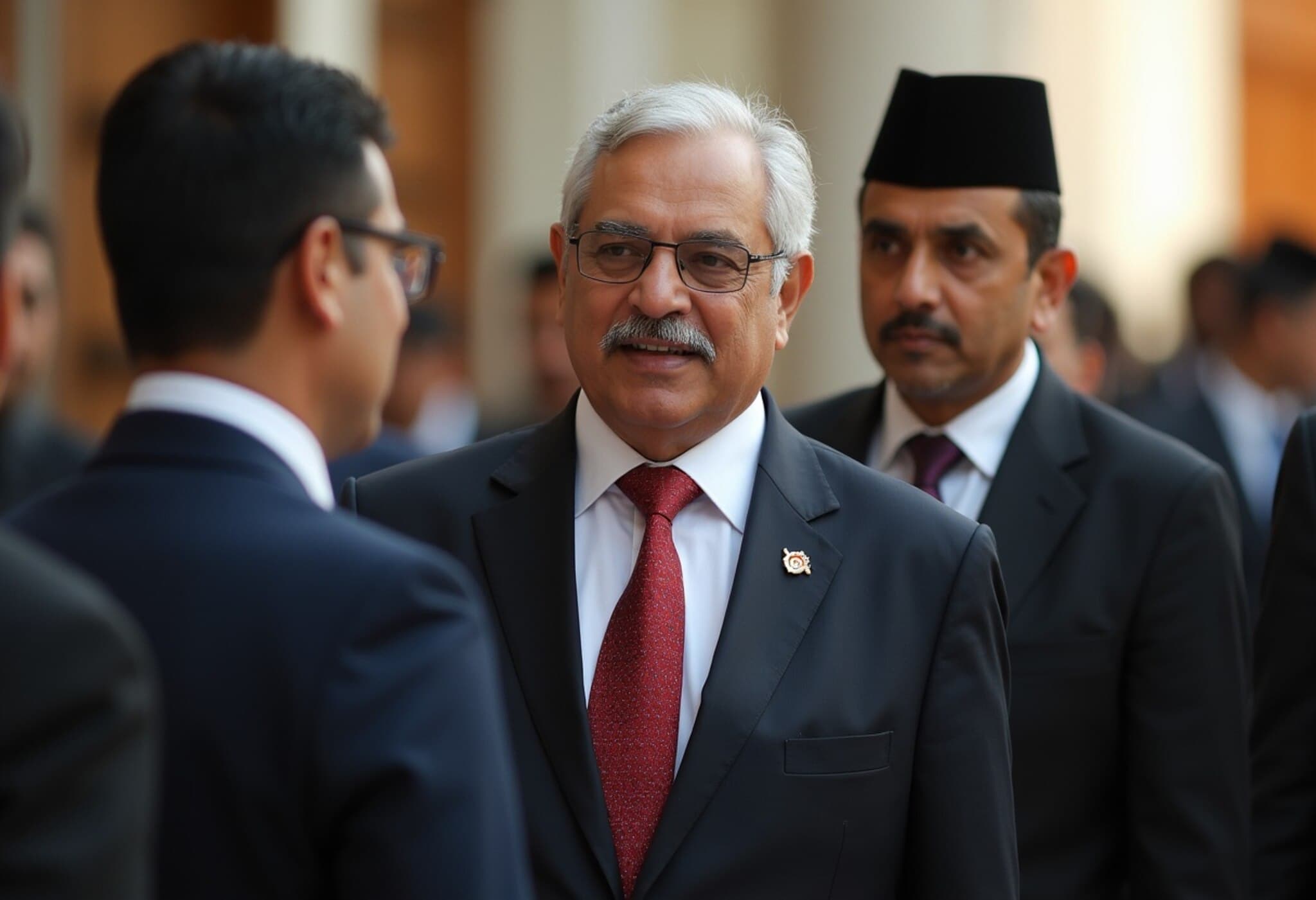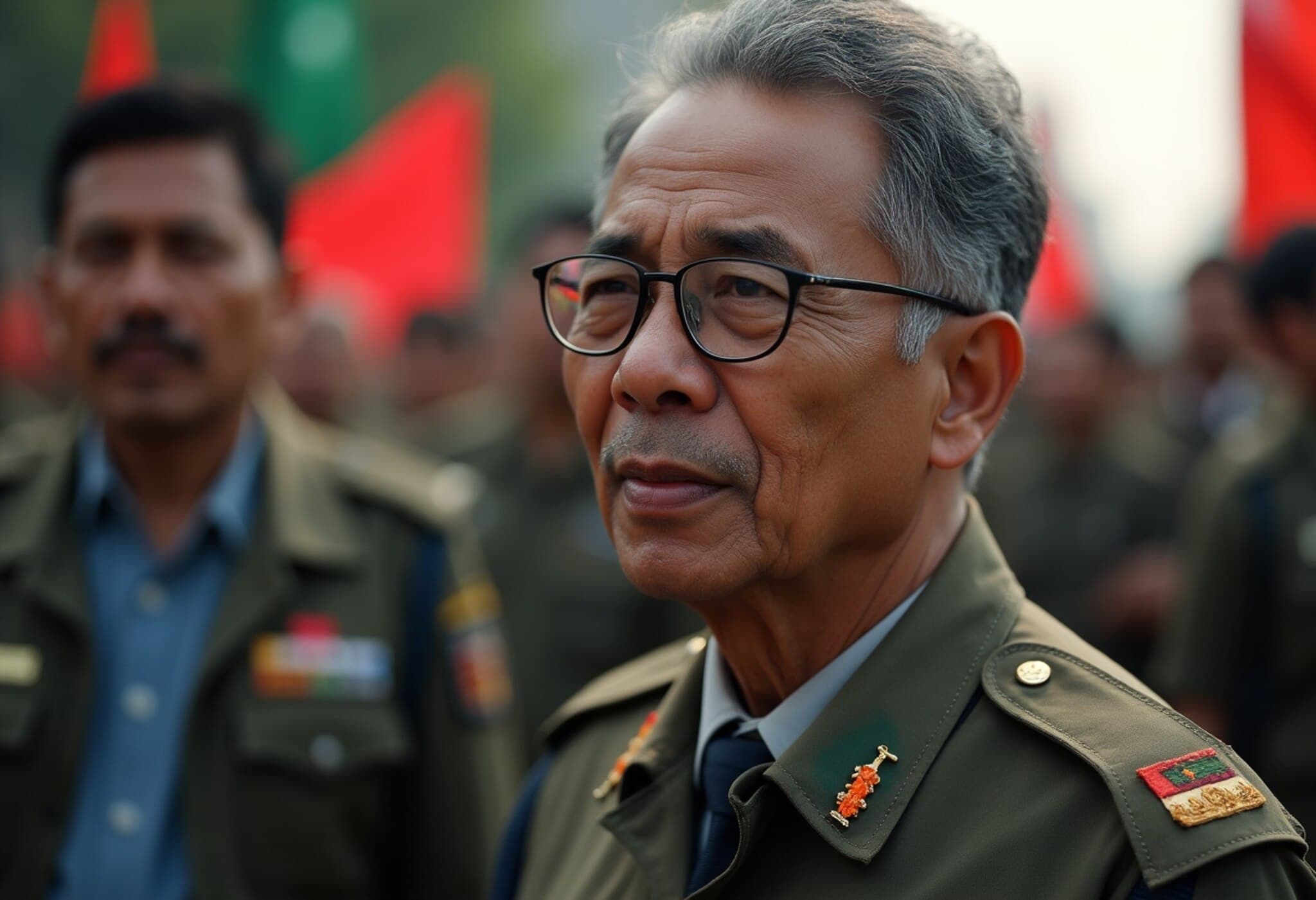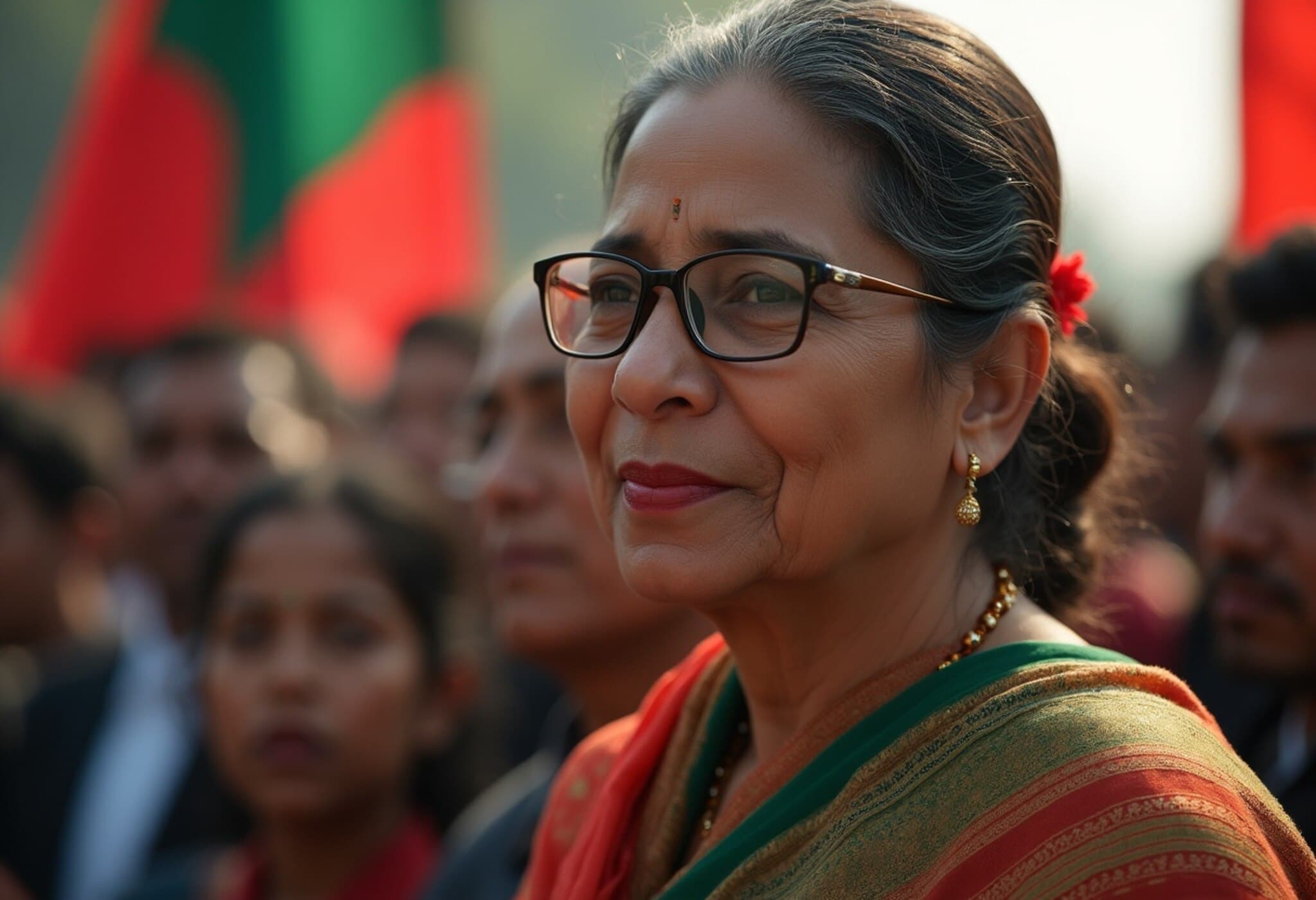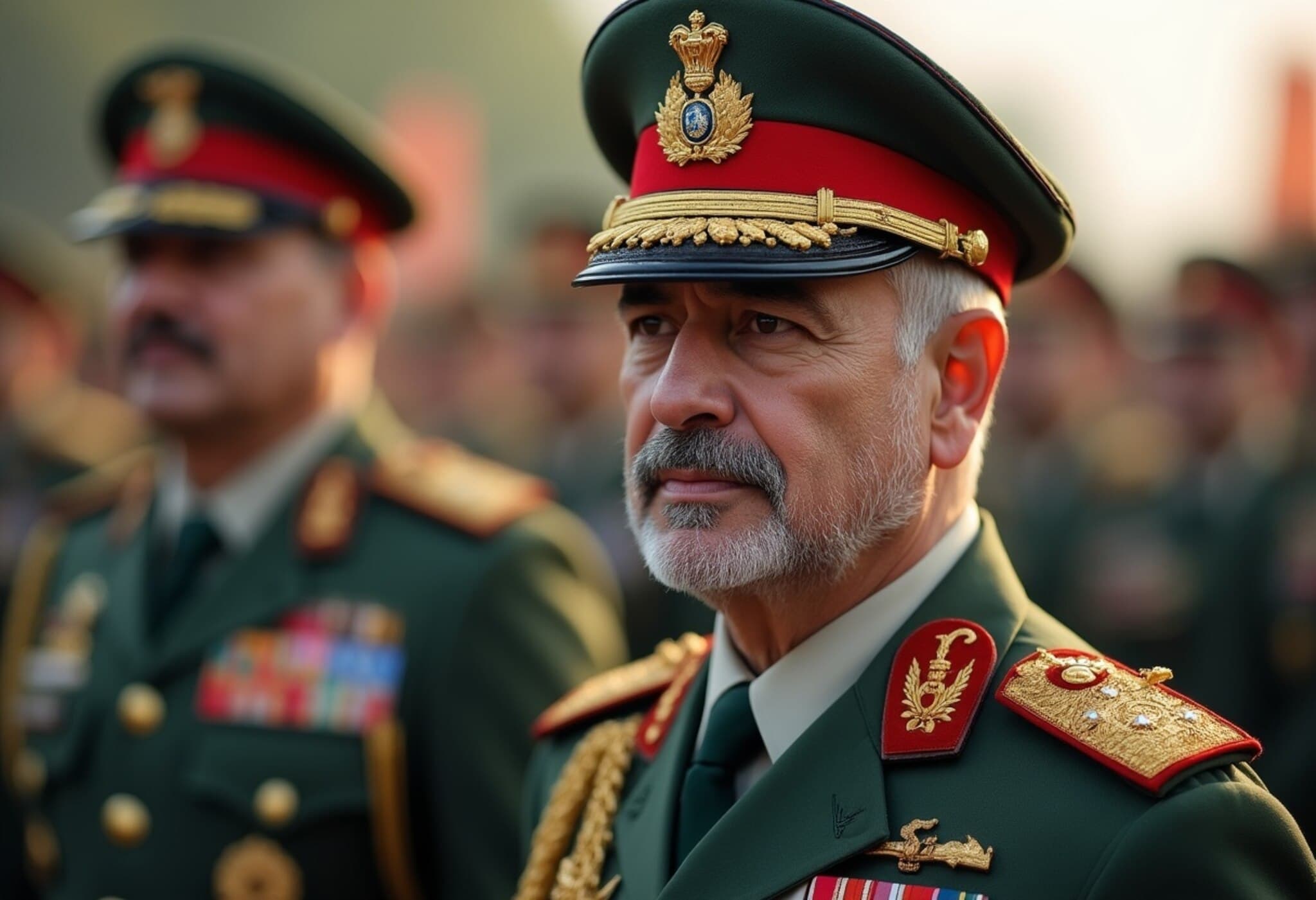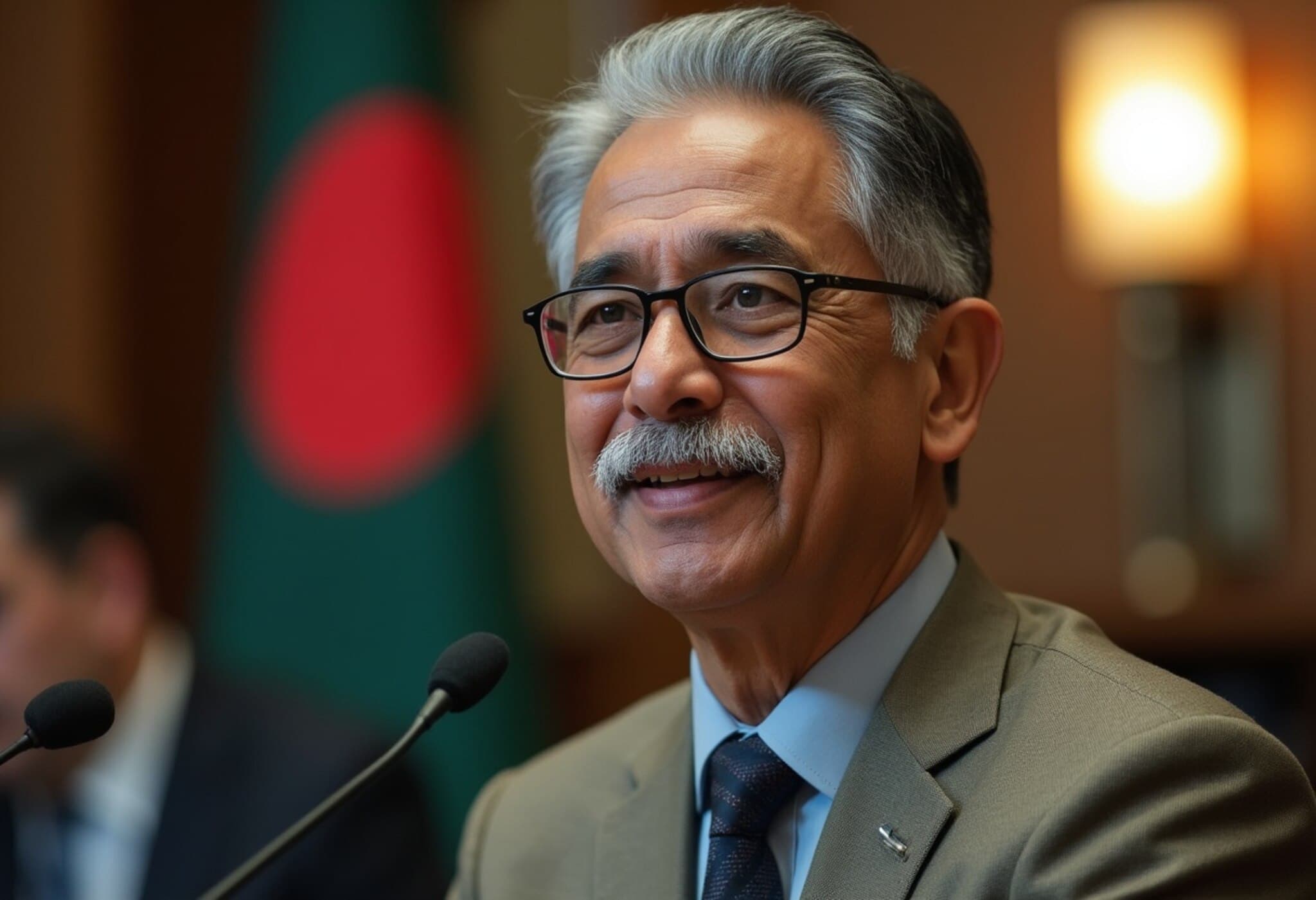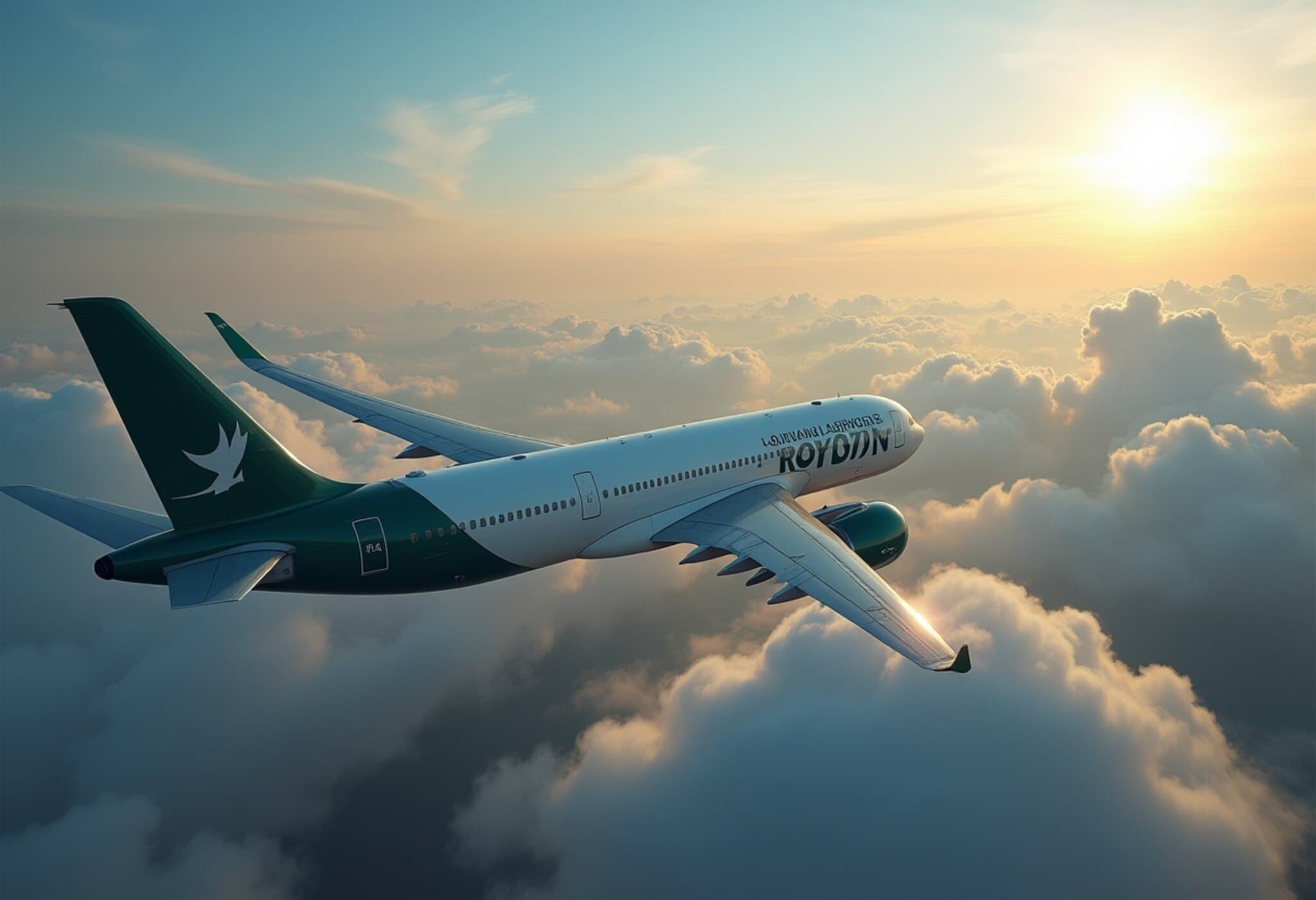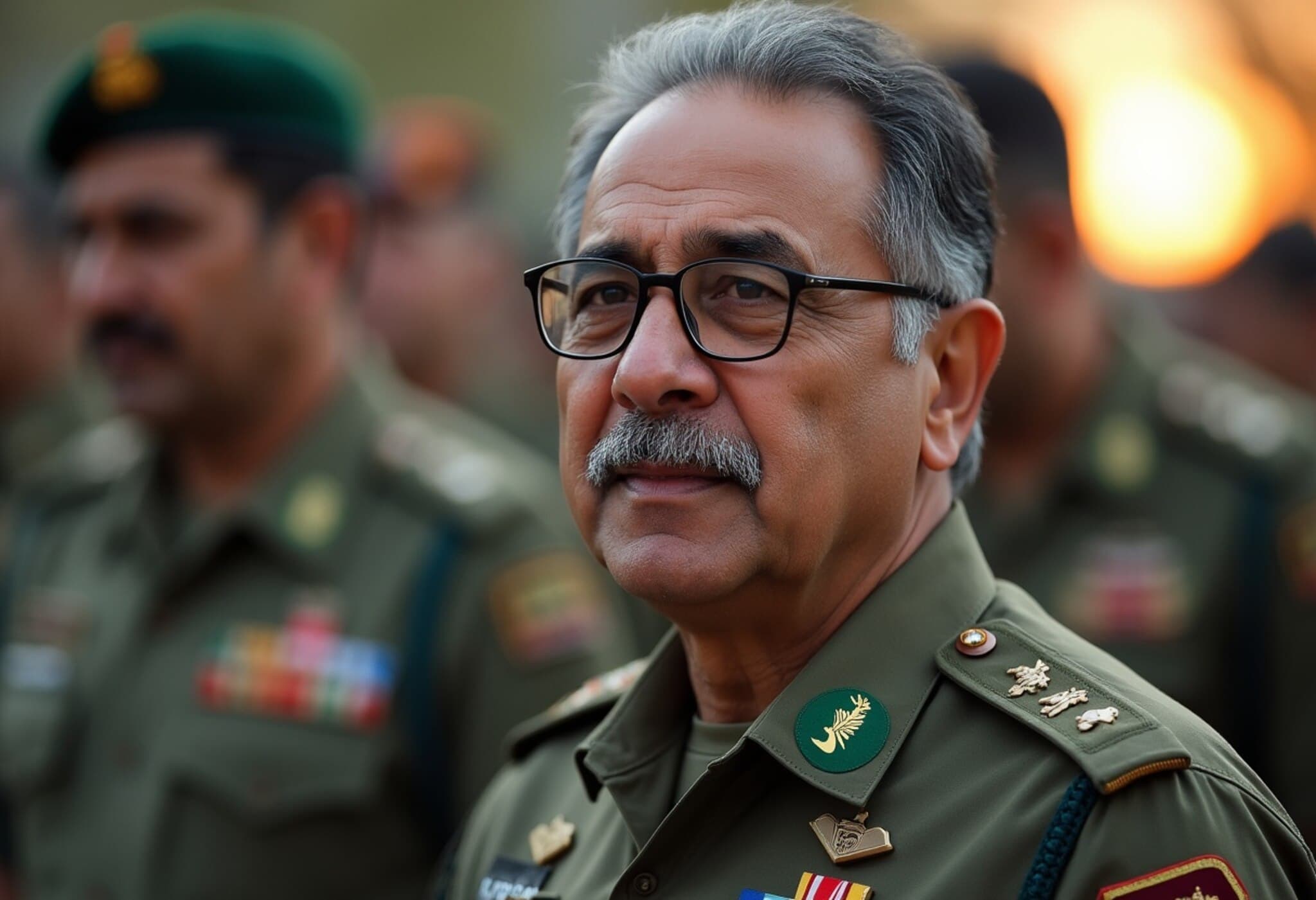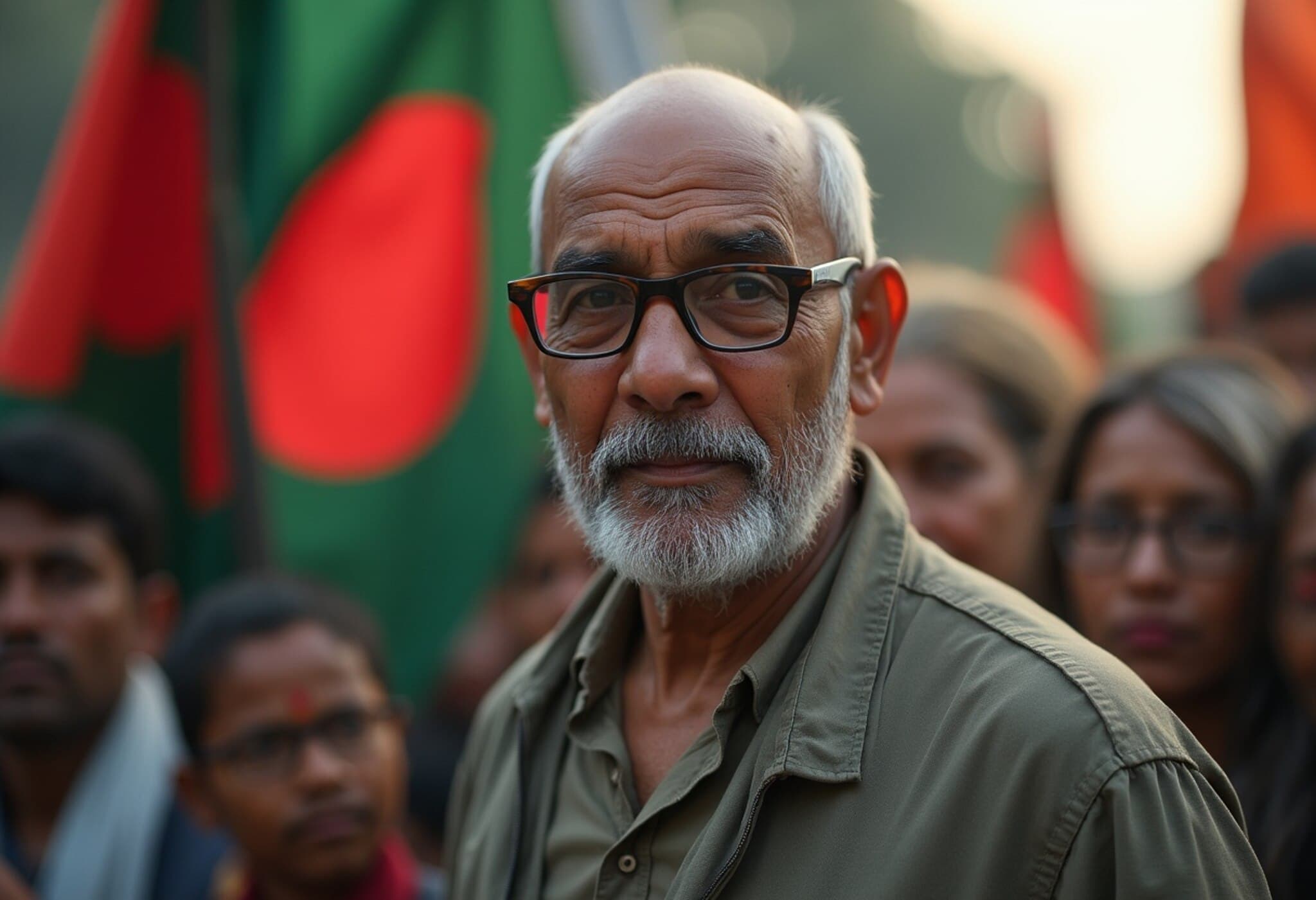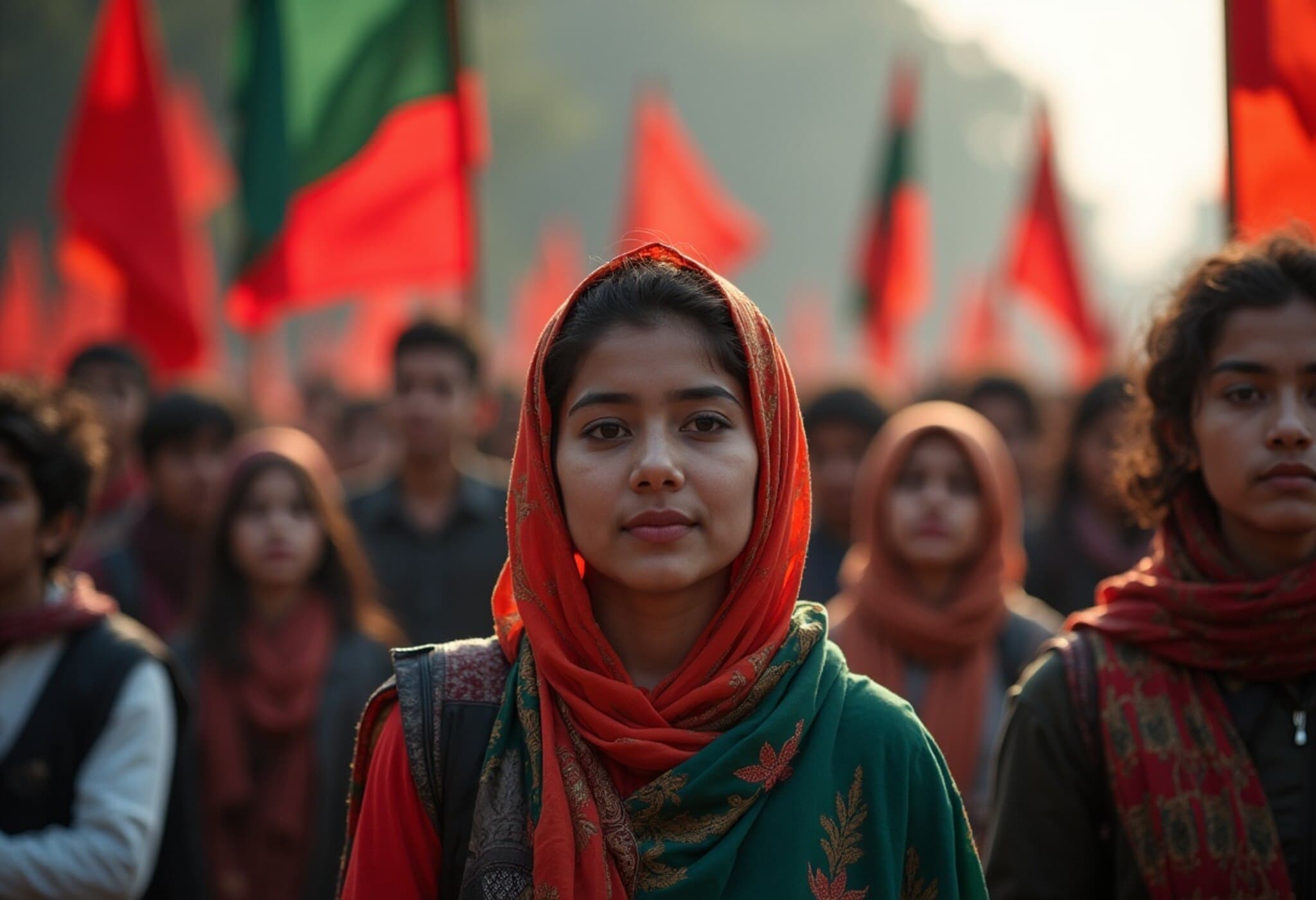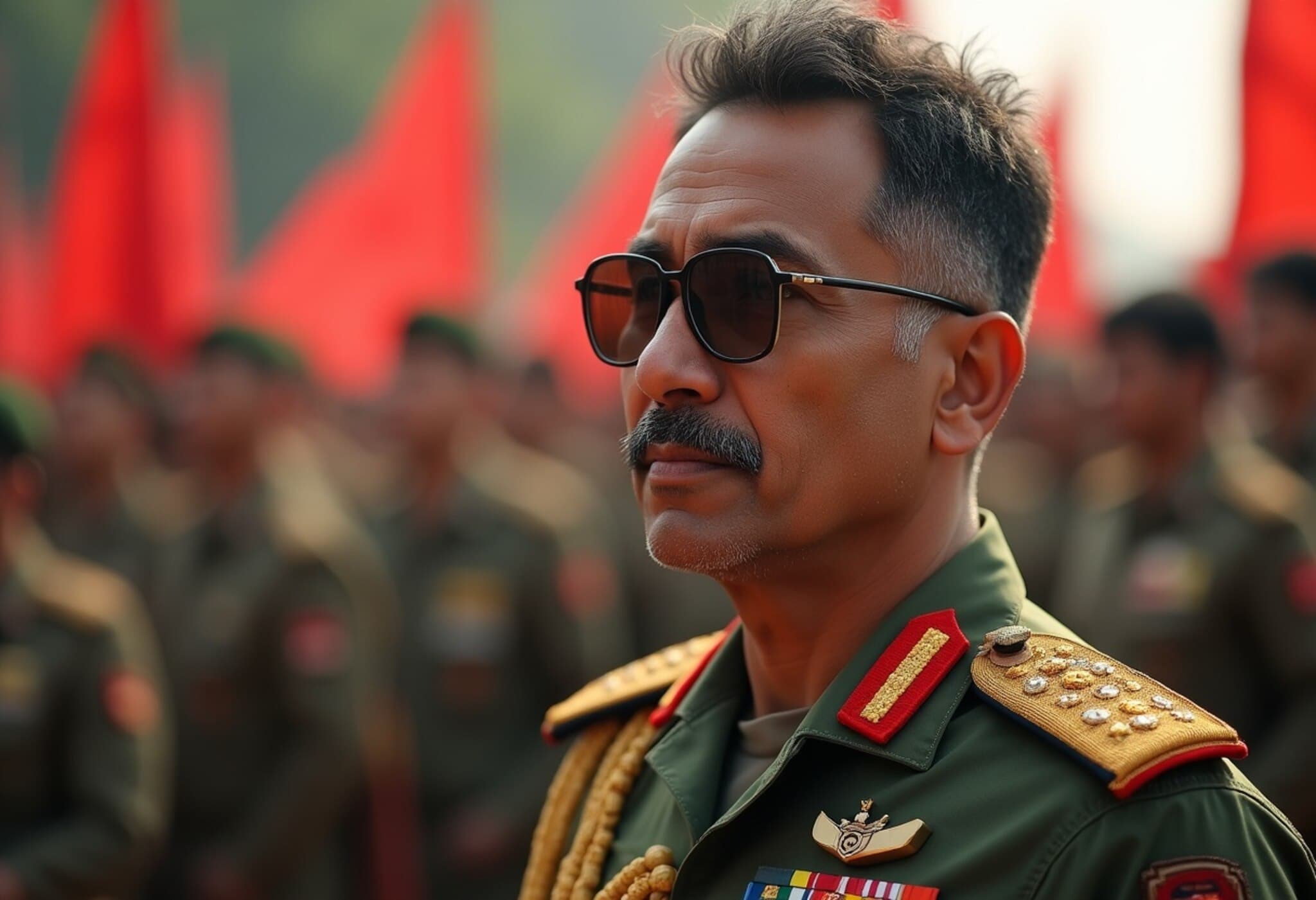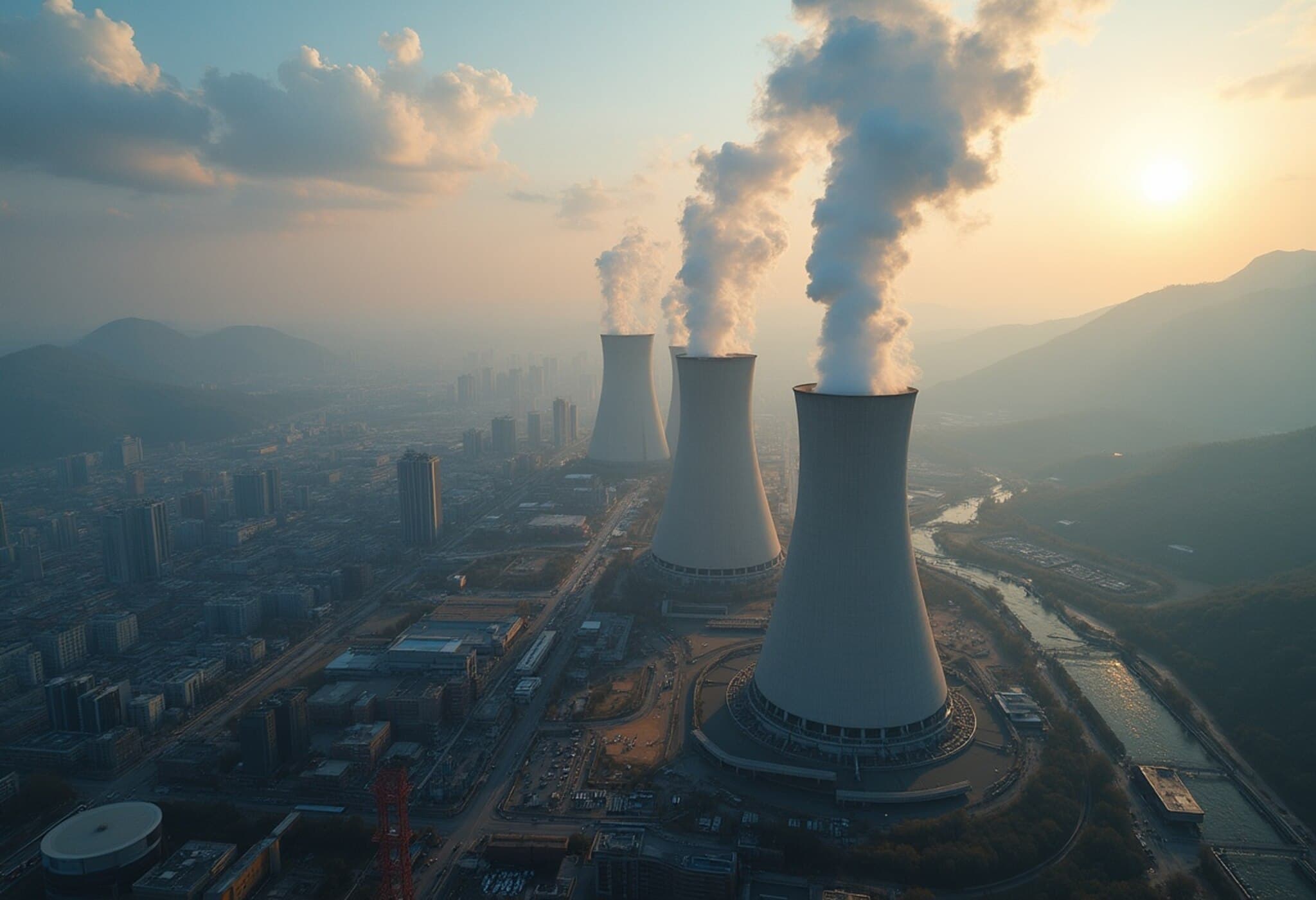Pakistan's Foreign Minister Ishaq Dar Arrives in Dhaka for Historic Diplomatic Visit
On August 23, 2025, Pakistan’s Foreign Minister Ishaq Dar touched down in Dhaka for a two-day visit, marking the highest-level Pakistani diplomatic presence in Bangladesh in over a decade. The visit is being hailed by Islamabad as a pivotal step toward mending and revitalizing bilateral relations, which have remained strained since Bangladesh's long-serving Prime Minister Sheikh Hasina’s departure from office.
Dar's arrival on a special aircraft and his warm reception by Bangladesh’s Foreign Secretary Asad Alam Siam at Hazrat Shahjalal International Airport underscore the seriousness of Islamabad's intent to renew ties.
Breaking a Decade-long Diplomatic Freeze
The last visit by a Pakistani foreign minister to Dhaka was in 2012 when Hina Rabbani Khar extended an invitation to Sheikh Hasina for a summit in Islamabad. Since then, Pakistan-Bangladesh relations witnessed a prolonged freeze, primarily due to historical grievances and political developments.
Dar’s visit aims to reignite dialogue, cooperation, and trust. According to officials from Bangladesh’s Foreign Ministry, he is scheduled to hold in-depth talks on vital bilateral, regional, and international matters. Discussions with Foreign Affairs Advisor Touhid Hossain are expected to culminate in signing up to six agreements and memoranda of understanding (MoUs).
Engagement Beyond Official Channels
Notably, Dar’s itinerary includes courtesies extended to the interim government’s Chief Advisor Muhammad Yunus, as well as meetings with key political figures such as BNP Chairperson Khaleda Zia and leaders of Jamaat-e-Islami. These interactions spotlight Islamabad’s interest in broader political dialogues within Bangladesh, possibly helping recalibrate regional political relationships and internal dynamics.
Economic Diplomacy in Synchrony
Dar’s visit coincides with that of Pakistan’s Commerce Minister Jam Kamal Khan, who has been engaged in bilateral efforts to boost economic and trade collaboration. Both countries, which share a complex history shaped by the 1971 Liberation War, are keen on forging new avenues for cooperation.
- Khan held talks with Bangladesh's interim commerce adviser Sheikh Bashir Uddin aimed at establishing a renewed Trade and Investment Commission.
- Steps are underway to reactivate the dormant Bangladesh-Pakistan Joint Economic Commission.
- Engagements with Bangladeshi business leaders in Chattogram focus on enhancing business-to-business ties.
Recent agreements have emerged from these dialogues, including a visa exemption for diplomatic passport holders, cultural exchange MoUs, cooperation between foreign service academies, a joint trade and investment framework, and partnerships on strategic studies and news agencies.
Further, talks are progressing on collaboration between quality control agencies — Bangladesh Standard and Testing Institution (BSTI) and Pakistan’s Halal Authority — and agricultural research institutions, presenting promising avenues for sustained cooperation.
Historic Context and the Road Ahead
Historically, Pakistan-Bangladesh relations have been fraught, especially after Sheikh Hasina’s Awami League government initiated trials of war collaborators from the 1971 conflict. These trials deeply affected bilateral ties, driving them to their lowest point during her tenure.
The political upheaval in Bangladesh in August 2024, which saw the ousting of Hasina's government amidst violent protests and the appointment of Muhammad Yunus as Chief Advisor of an interim administration, created a fresh diplomatic opening. This shift coincided with cooling relations between Dhaka and New Delhi, allowing Islamabad to position itself as a prospective partner in Bangladesh’s evolving geopolitical landscape.
Expert Insight: What This Means Regionally
From a regional perspective, Dar’s visit reflects Pakistan’s strategic initiative to diversify its diplomatic relationships in South Asia, particularly as Bangladesh’s ties with India face new challenges. For Dhaka, recalibrating relations with Pakistan could rebalance its foreign policy and open new economic corridors.
However, experts caution that deep-rooted historical wounds and domestic political considerations in both countries could complicate the journey toward genuine rapprochement. The success of this diplomatic reset will largely depend on sustained political will, mutual respect, and addressing sensitive historical legacies transparently.
Editor's Note
This landmark visit by Pakistan’s Foreign Minister Ishaq Dar underscores the complexities and opportunities in South Asian diplomacy. While economic and strategic interests motivate renewed engagement, the shadows of the past continue to shape the pace and depth of reconciliation. Observers should watch closely how Bangladesh navigates this renewed relationship amid its internal political transitions and evolving regional balances.
The renewal of Pakistani-Bangladeshi ties invites crucial reflection on how nations with painful shared histories can forge pragmatic, forward-looking partnerships in a rapidly shifting geopolitical environment.

